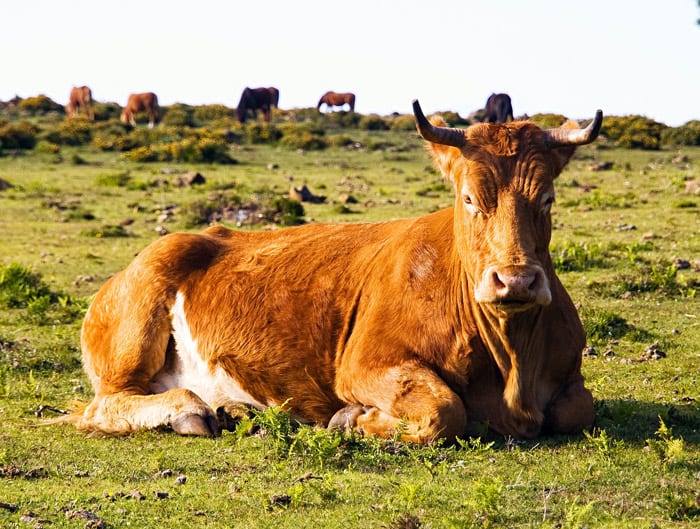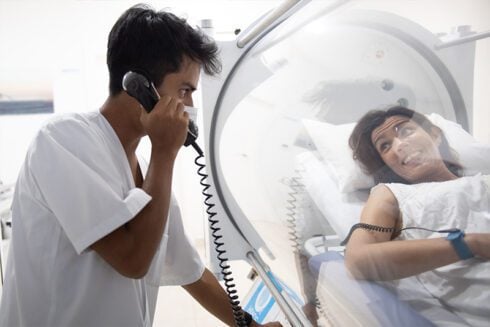Spain has detected a case of mad cow disease in the country’s north on Friday.
The atypical bovine spongiform encephalopathy (BSE) was detected in a dead cow in the northwestern region of Galicia, the World Organization for Animal Health (WOAH) announced on Friday.
The disease, commonly called mad cow disease, was detected after the 22-year-old cow was euthanised due to signs of illness that were not related to BSE, WOAH said, citing information from the Spanish authorities.
BSE is a progressive neurologic disease of cows.
The disease gets worse over time and eventually damages the cow’s brain and spinal cord to the point of death.
Most scientists think that BSE is caused by a protein called a prion.
For reasons that are not completely understood, the normal prion protein changes into an abnormal prion protein that is harmful.
A common sign of BSE in cows is incoordination.
A sick cow will have trouble walking and getting up, and also act very nervous or violent, which is why BSE is often called mad cow disease.
People can get a version of BSE called variant Creutzfeldt-Jakob disease (vCJD).
As of 2019, 232 people worldwide are known to have become sick with vCJD, and have all died.
It is thought that they got the disease from eating food made from cows sick with BSE.
READ MORE:
- Tiger mosquitoes carrying deadly diseases are flourishing in Spain’s mild winter
- Masks back in force at Gibraltar health facilities and elderly people’s homes to stop disease spread
- Deaths in Spain fell by 8.7% in 2021 with respiratory diseases and tumors dominating








